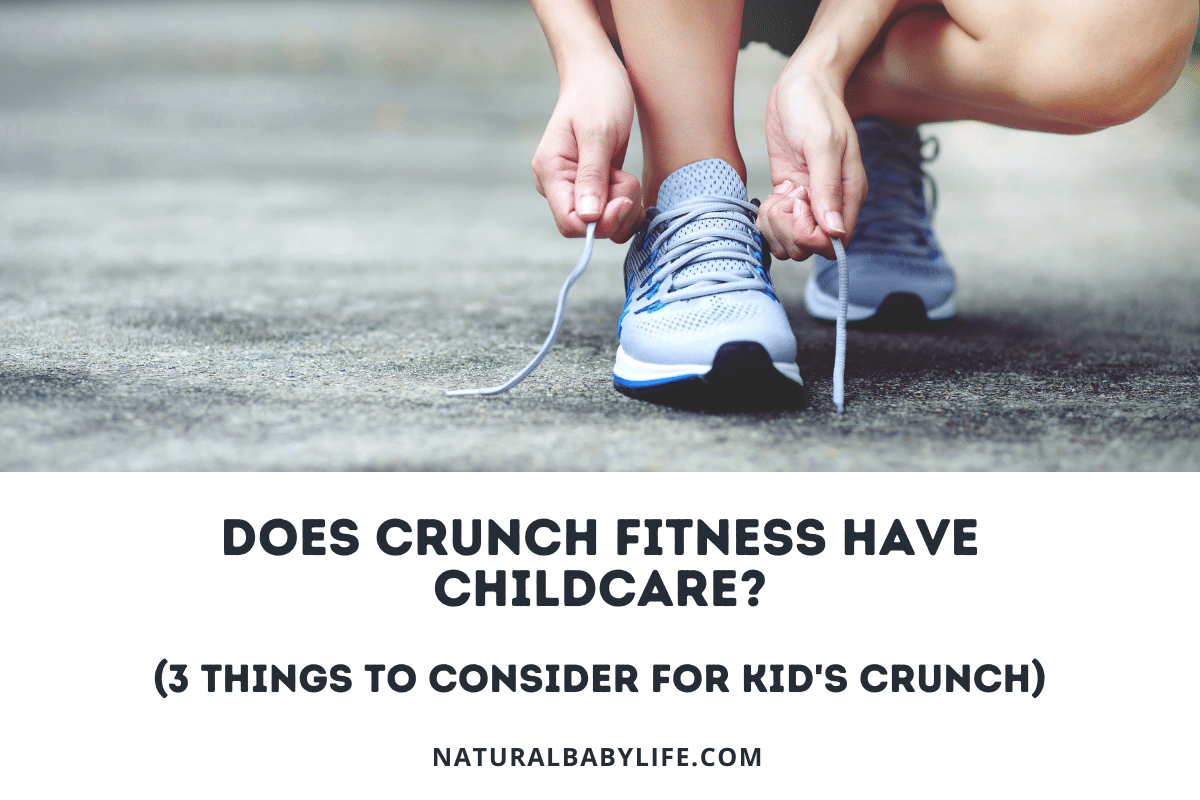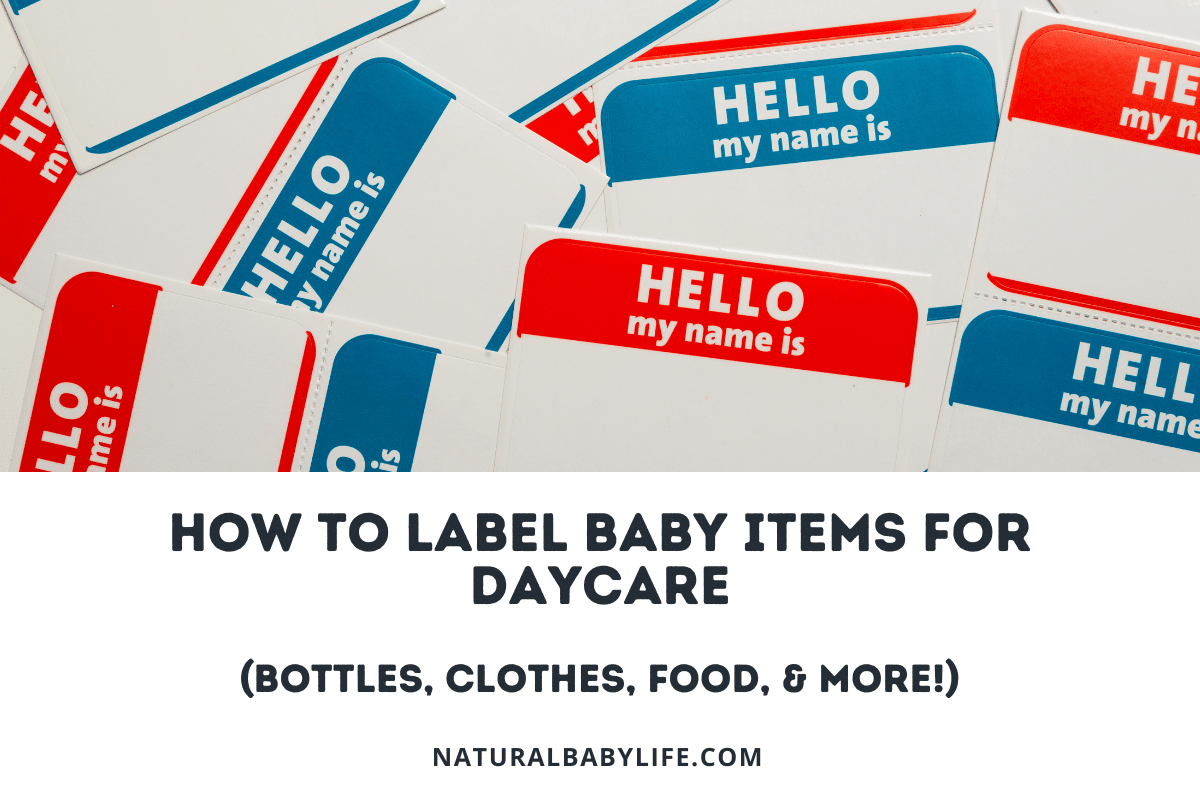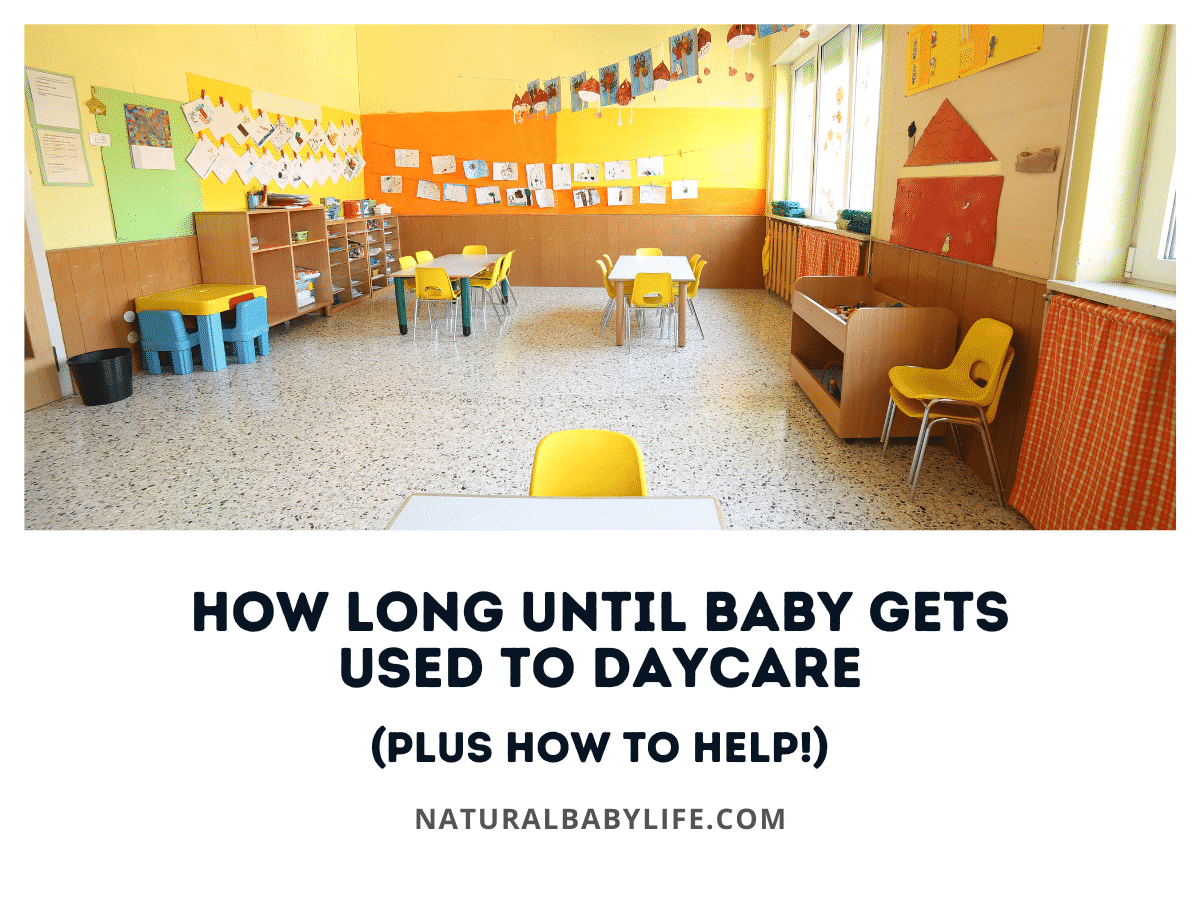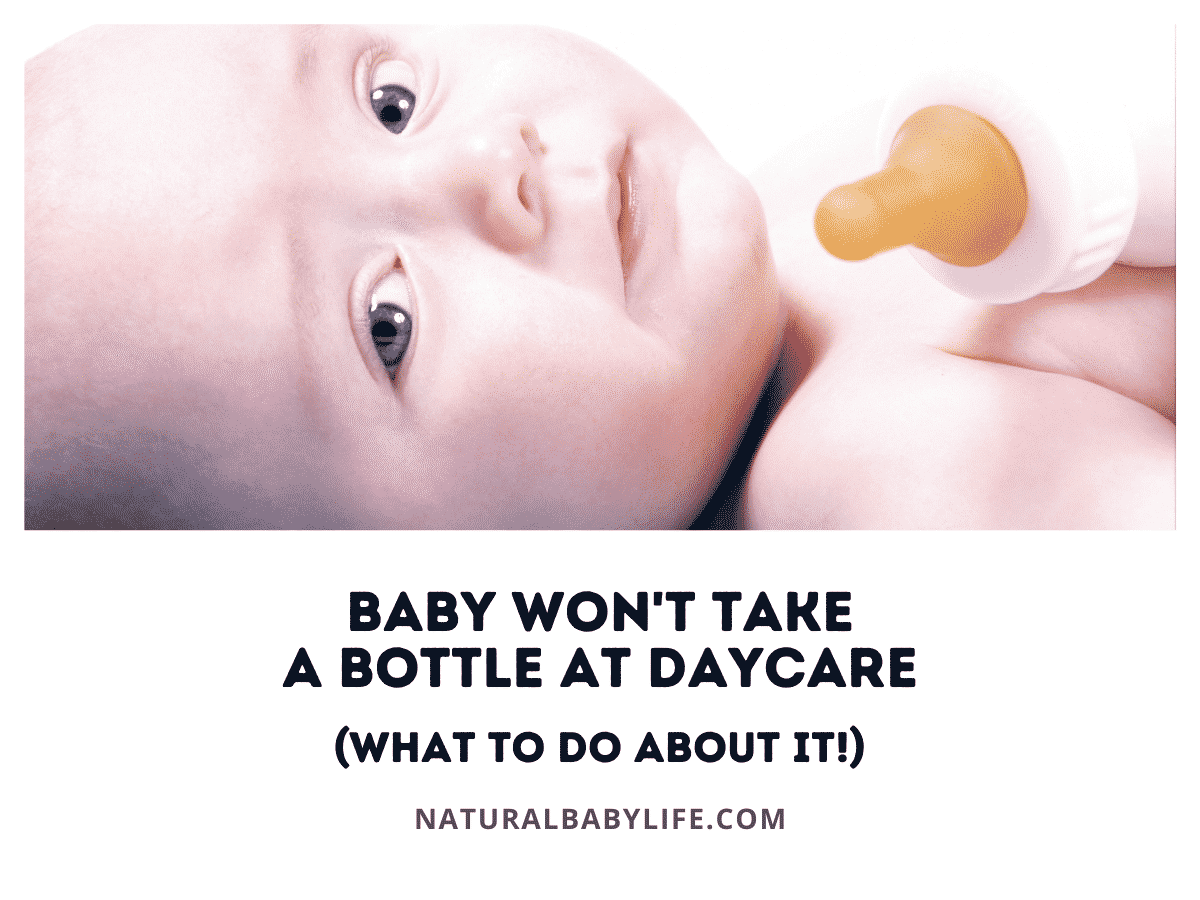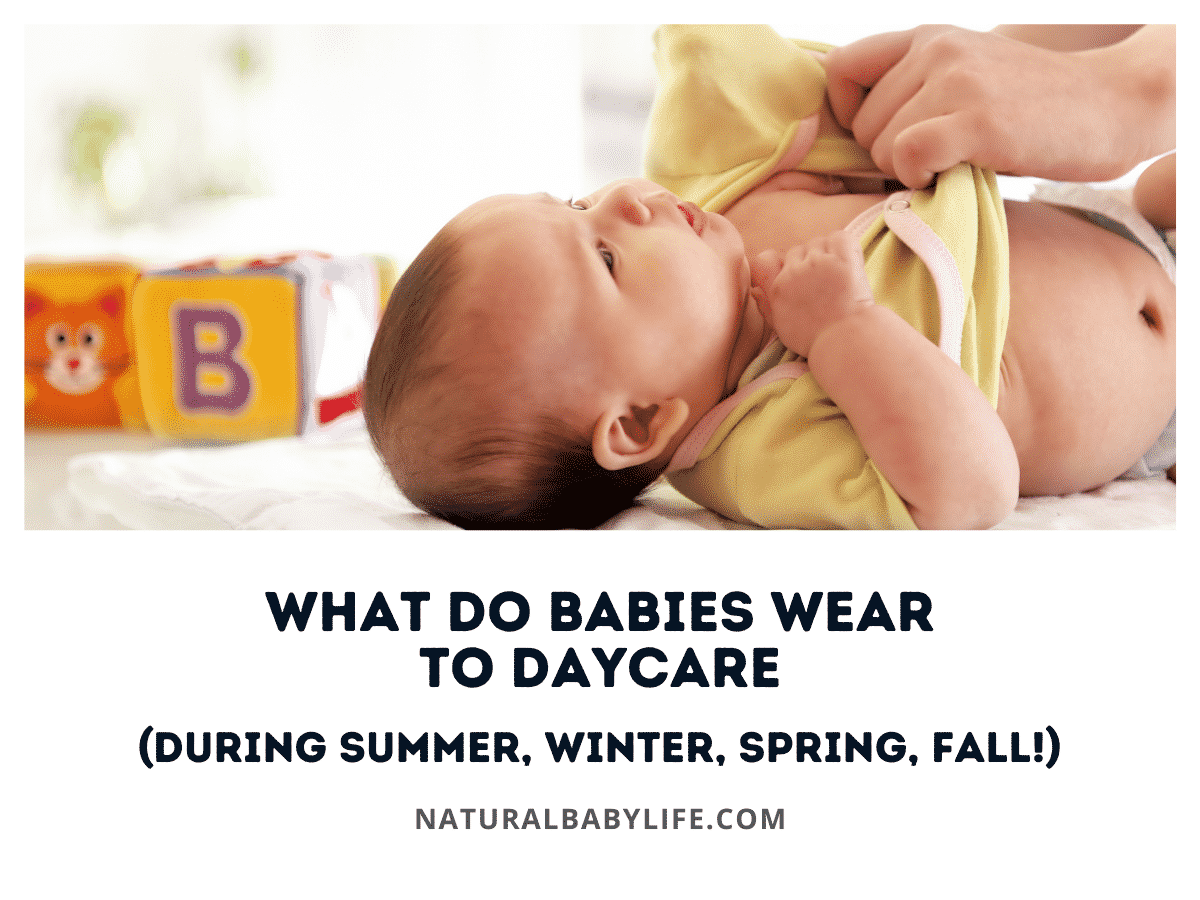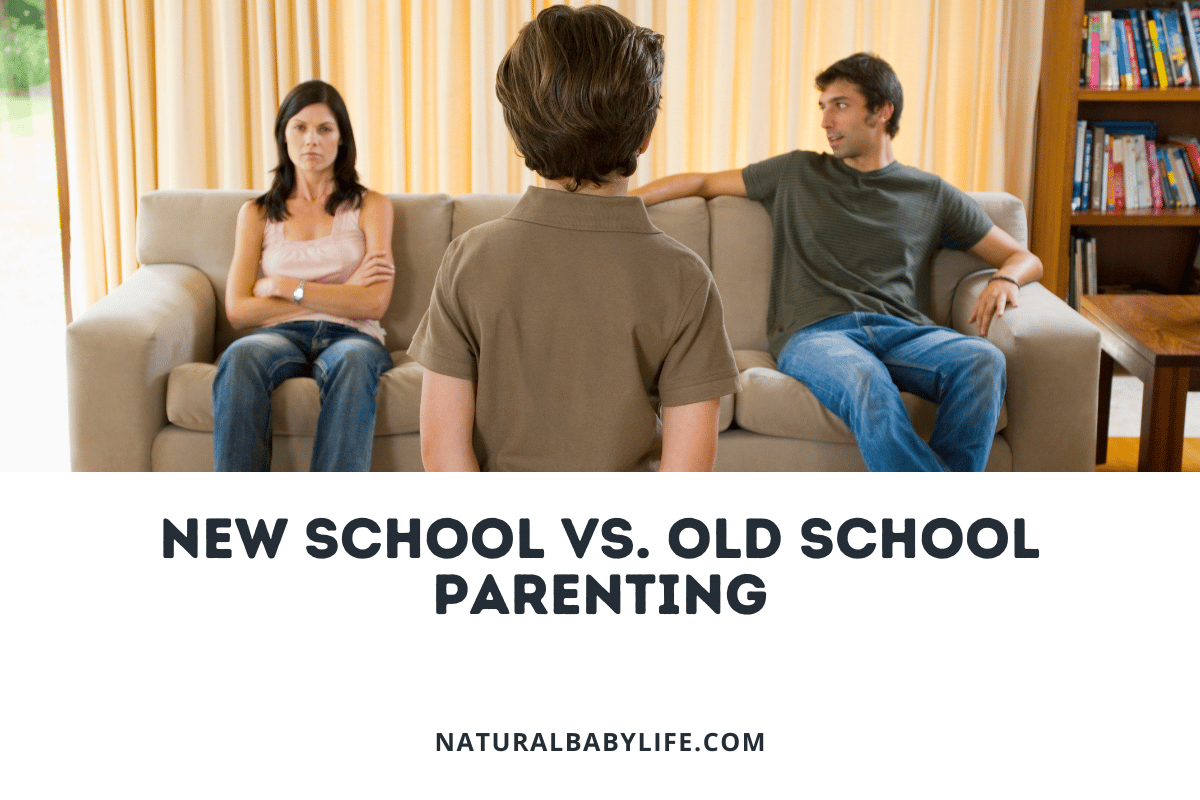Thrilled to be done with work, you race to your baby’s new daycare to scoop them up into your arms. But when you arrive to pick up your normally cheerful baby, you are greeted with a red-faced baby scowl – and a lot of anger that sure seems to be directed right at you. You wonder, why is my baby not excited to see me after daycare?
When your usually sweet and loving baby isn’t excited to see you after daycare, it may be a sign of defensive detachment. When babies feel neglected and unsure if you will return, they may react by drawing back to not feel that pain again. The best thing you can do is ease the transition in and out of daycare and make sure they know you’ll be back.
While distressing for parents, the good news is that there are ways for parents to nurture and maintain a strong attachment, or bond, with their babies while in daycare. Read on for more information about defensive detachment, and for tips on how to make sure your baby feels secure and stays attached to you while in daycare.
Table of Contents
Why isn’t my baby excited to see me after daycare?
Parents who usually have a strong and loving bond with their babies are often shocked when met with a lackluster, or even hostile, greeting from their babies after daycare. These emotionally barren or angry reunions can be signs of defensive detachment and are actually proof of how much your baby loves and needs your bond.
Because you two are so attached, adjusting to daycare might cause your baby to have feelings of neglect or abandonment. Research studies have found that in the first two weeks of care away from their mother, a baby’s stress hormone levels may be 75-100% higher than when at home. To adapt to this distress babies will display negative behaviors as a way of protecting themselves from any further feelings of rejection caused by your separation.
Luckily, there are ways to secure your attachment to your babies even while you are separated during the day. Some ideas include setting aside some morning bonding time for just the two of you before leaving for daycare and giving your baby something special they can hold onto while at daycare that reminds them of you and your bond.
Baby doesn’t want to leave daycare
If you go to pick up your baby and meet with a fight, it might not have anything to do with you at all.
It is common for babies to want to stay at daycare, and it often has nothing to do with feeling detached from their parents. How babies feel about leaving daycare may depend on the day they’ve had, and the timing of your arrival to pick them up.
When you arrive, your baby might be having an amazing time playing and not want the party to end. Or maybe it was a long day for your baby, without a long nap, and they are tired when you get there, ready to giggle with them. It’s also possible that they’ve just had a bad day, and want to take it out on their safe person – you.
Here are some tips for creating a smooth transition from daycare to home:
- Create an end-of-day routine, and stick to it.
- Arrive at the same time each day, whenever possible.
- Bring a snack.
- Let your baby finish fun activities.
- Talk about what will be fun to do at home.
Baby won’t interact with me after daycare
It can be hurtful and worrisome when you arrive at daycare, arms outstretched, ready to hug and play after daycare, and your baby gives you the cold shoulder. But after starting daycare it is normal to have an adjustment period lasting anywhere from one week to up to four months.
When starting daycare your baby must get used to their new schedule, new caregivers, being around other babies, and spending the day apart from their parent(s). These adjustments can be tiring and draining and result in a broad range of emotions common in the first month.
These fluctuating emotions can include a lack of desire to interact and changes in your baby’s energy levels and in their motivation to play and snuggle with you at the end of the day.
Defensive detachment
When you and your baby have a strong emotional connection, you have an attachment bond.
If your baby seems angry and detached from you after starting daycare it is not a sign that they prefer their caregiver to you, their parent. They may be struggling emotionally when you two are apart, because of the strong attachment you had before they started going to daycare.
Their actions may be designed to show you that they are no longer feeling the loving attachment they have with you. Defensive detachment is your baby’s way of both adapting to missing your attachment bond and preserving their emotional wellbeing by acting to prevent further feelings of abandonment. It is actually solid proof of just how much they love you.
Does daycare cause long-term attachment issues?
Rest assured that your baby is unlikely to have long-term attachment issues because they attend daycare. According to psychologists, for most children parental attachment is unbroken by attendance in childcare in the long term.
The good news is that by developing and nurturing a strong attachment with your baby, you are giving them emotional balance and harmony so that they feel secure establishing intimate relationships later in life.
Keeping your baby’s attachment to you strong
While no one can replace you, there are benefits for your baby to have meaningful connections with their caregivers. The attachments babies develop to their caregivers are bonds they build in addition to the strong attachment they have with their parents. Good caregivers both bond with your baby and reassure them that the world away from home can be a safe and happy place that they can trust.
But, of course, while your baby is starting daycare and beginning to bond with their caregiver they still may crave the comfort of knowing that you haven’t forgotten about them, and to be reminded of their special connection with you.
A baby with strong attachments is secure being separated from their parents because they know they are loved and valued, and they trust that their separation is temporary, and their parent(s) will back. Here are some tips for keeping your attachment strong while your baby is in daycare:
- Ease the transition
- Give them something to remember you by
- Show your baby that their caregiver is trustworthy
- Leave time for bonding with your baby in the morning
- Take it slow
Ease the transition
Ease your baby into the transition of starting daycare if it’s within your means to do so and you are provided the option.
Many experienced parents and caregivers have found that a slow adjustment to both separation and a new caregiver works better for babies, rather than jumping straight to full days in daycare.
You can start by bringing your baby for an hour or two at a time, and gradually increase their time at daycare to a full day every other day, or whatever schedule your caregiver might recommend. Ease into your separation until your baby is comfortable and adjusted to spending a full day because they know that you always come back, and they are happy to see you when you do.
Give them something to remember you by
A goodbye kiss on their cheek is wonderful but having a transitional object, something they can hold in their hands that reminds them of you may be even better.
Transitional objects can give your baby a sense of security about your relationship during your hours apart. Giving your baby a picture of you, a special stuffed animal that will remind them of you, or even your favorite t-shirt that they like to snuggle keeps you a part of their day even while you are physically apart.
By reducing any emotional distress over missing you, it is more likely you will be welcomed with open arms at the end of the day.
Show your child that your caregiver is trustworthy
When in daycare, your baby spends a good portion of their day in the hands of their caregivers. Invest some time to get to know your caregivers and develop a friendly relationship with them.
Letting your baby watch and listen as you form a respectful relationship with their caregivers at daycare sends the message to your baby that they are trustworthy people. And if you can trust them, then so can they.
A trusting baby is a more connected baby, and a connected baby feels more secure and safe.
Leave time for bonding in the morning
Rushing your baby to daycare in a stressful frenzy every morning doesn’t set a reassuring tone for your baby’s day, and may add to any tension that already exists with the transition to daycare.
Designate some bonding time in the morning, even just ten minutes, when you can play and bond with your baby in a relaxed way. When you scoop out some time for bonding in the morning, your baby goes to daycare feeling fulfilled, loved, and able to handle your time apart.
Give yourself some time
Being separated from your baby during the day is a big change, (for both of you) and there will be good days and bad days while you get used to the change.
There will be individual differences in how babies adapt to daycare and time with their caregiver depending on your baby’s personality, the behavior of the other babies in the room, and a variety of other factors. Give your baby some time and emotional wiggle room as you do what you can to stay connected even while apart.
We hope that next time you wonder, “Why is my baby not excited to see me after daycare?” you are content in the knowledge that your baby still loves you, even while at daycare.

![Baby Doesn’t Like Me after Daycare [It’s Called Defensive Detachment]](https://naturalbabylife.com/wp-content/uploads/2021/05/baby-not-excited-to-see-me-after-daycare_featured.png)

